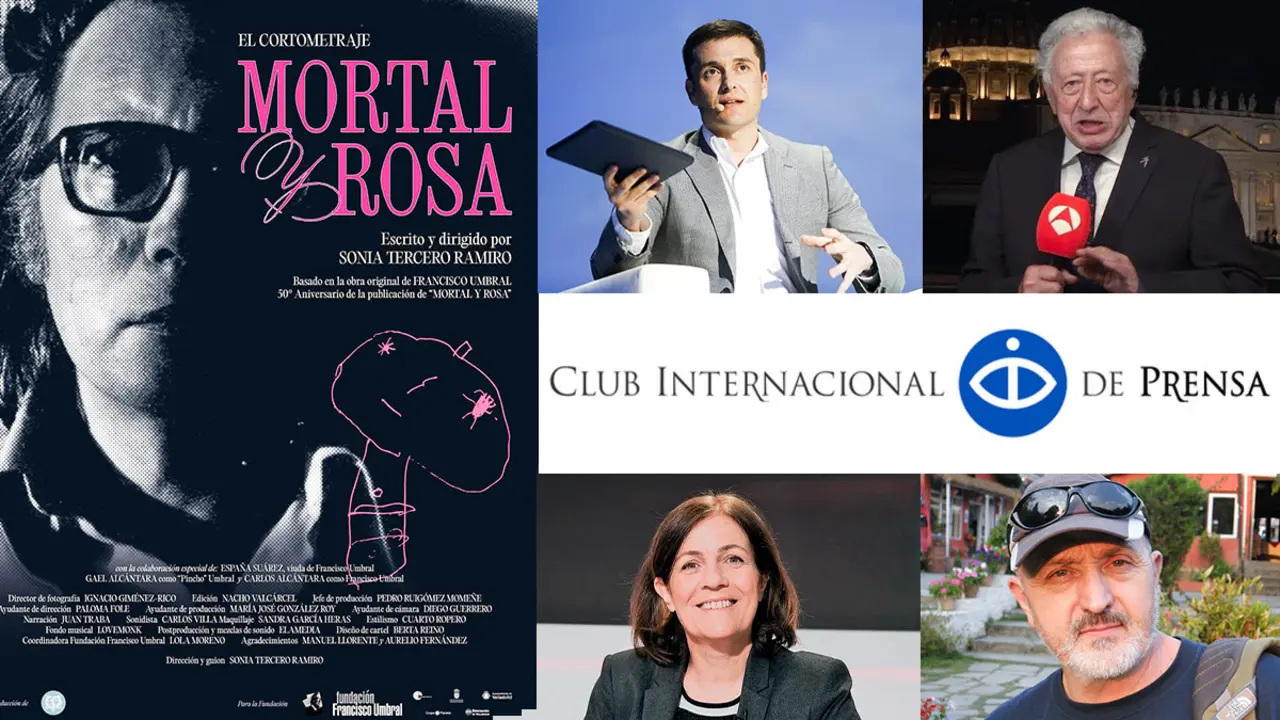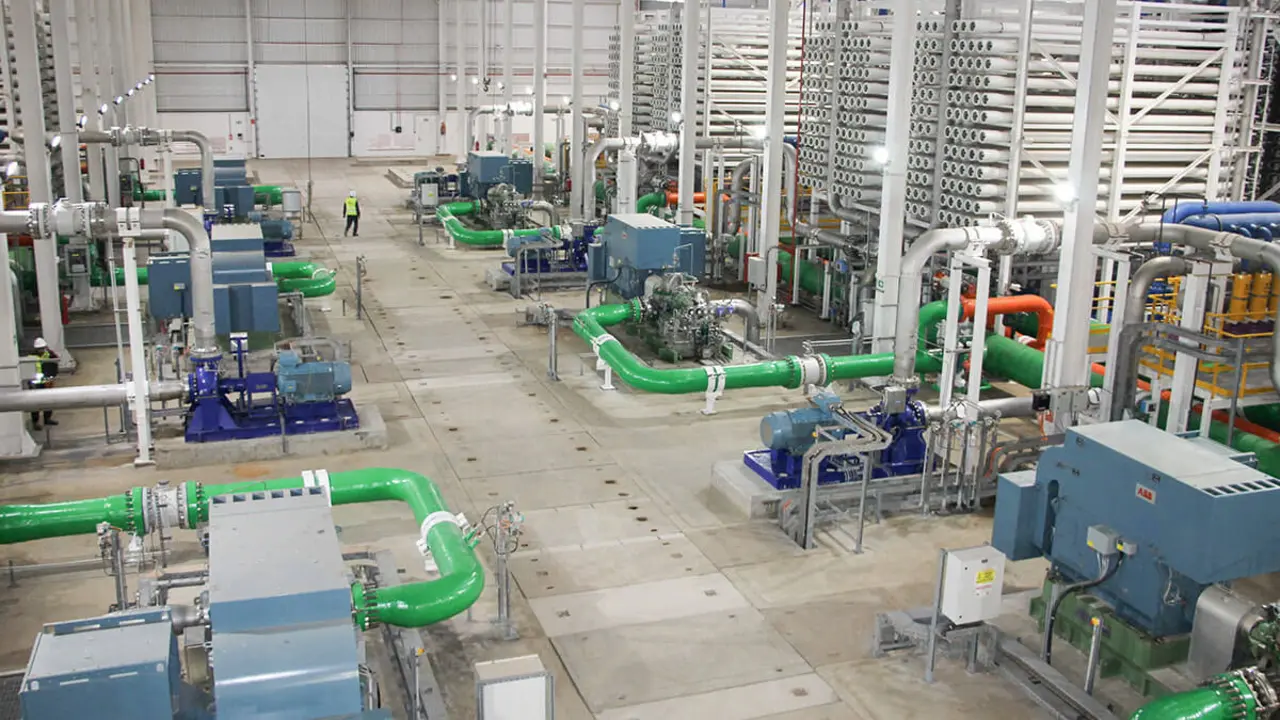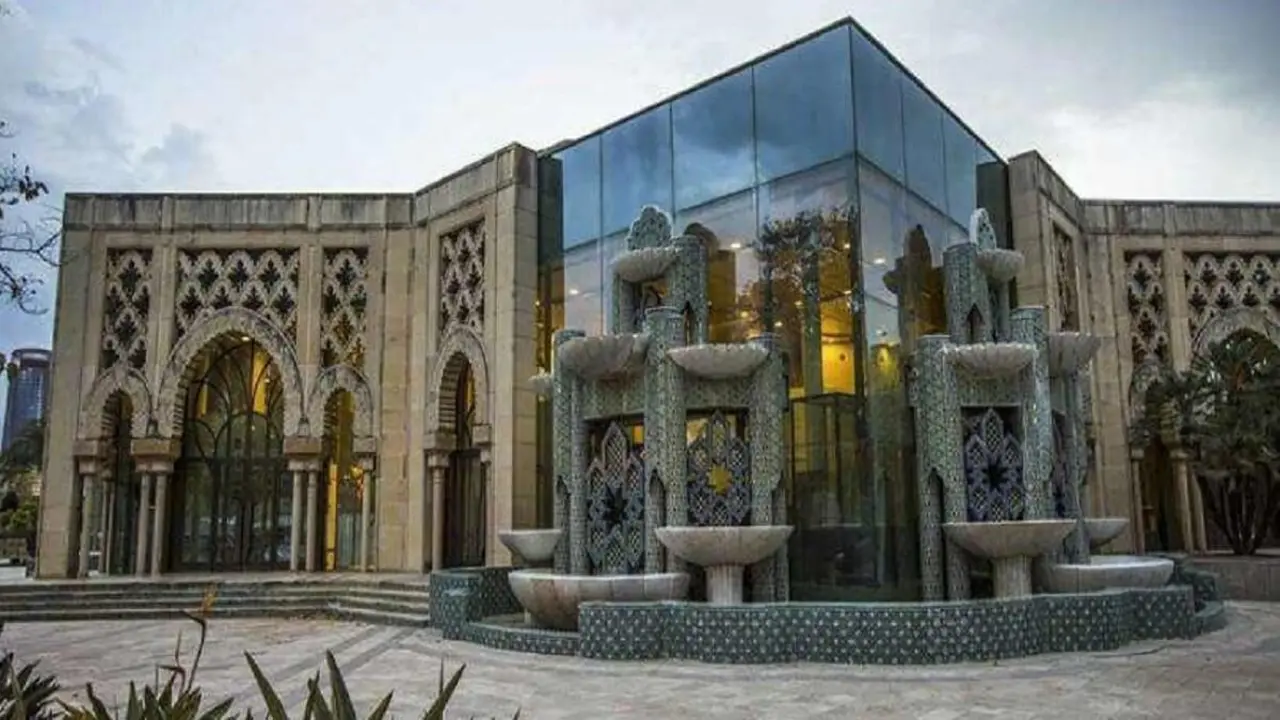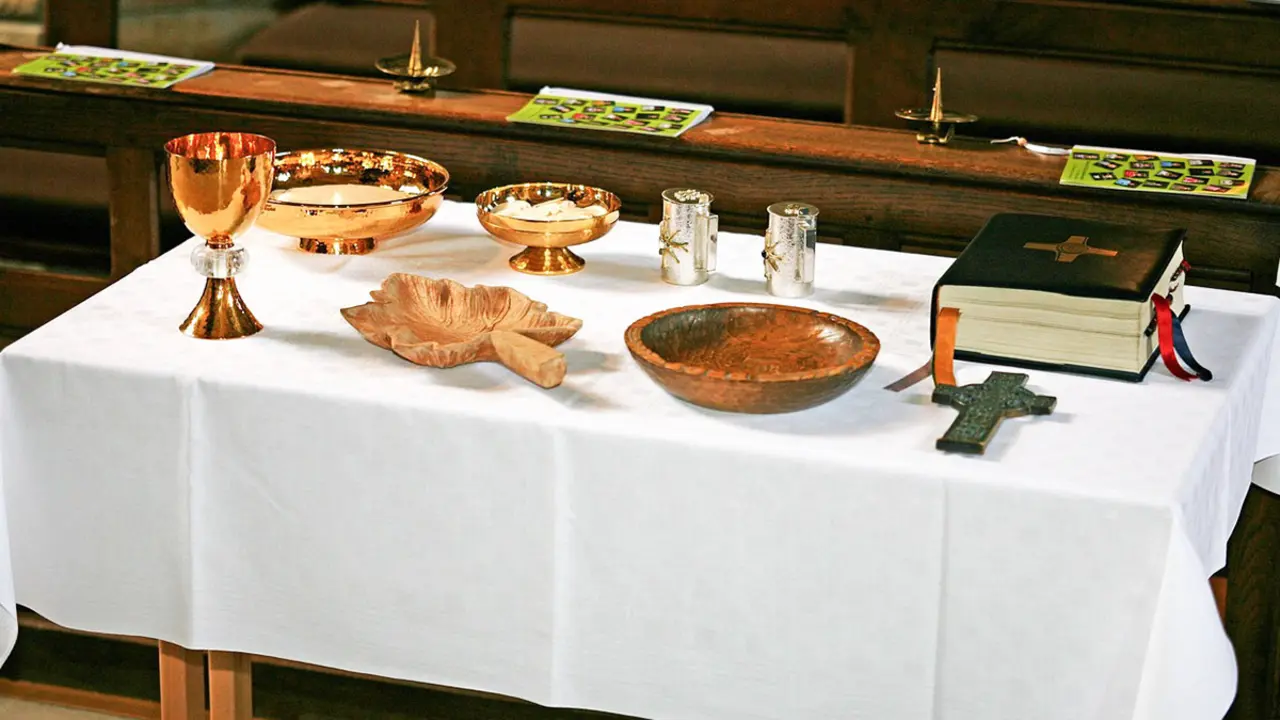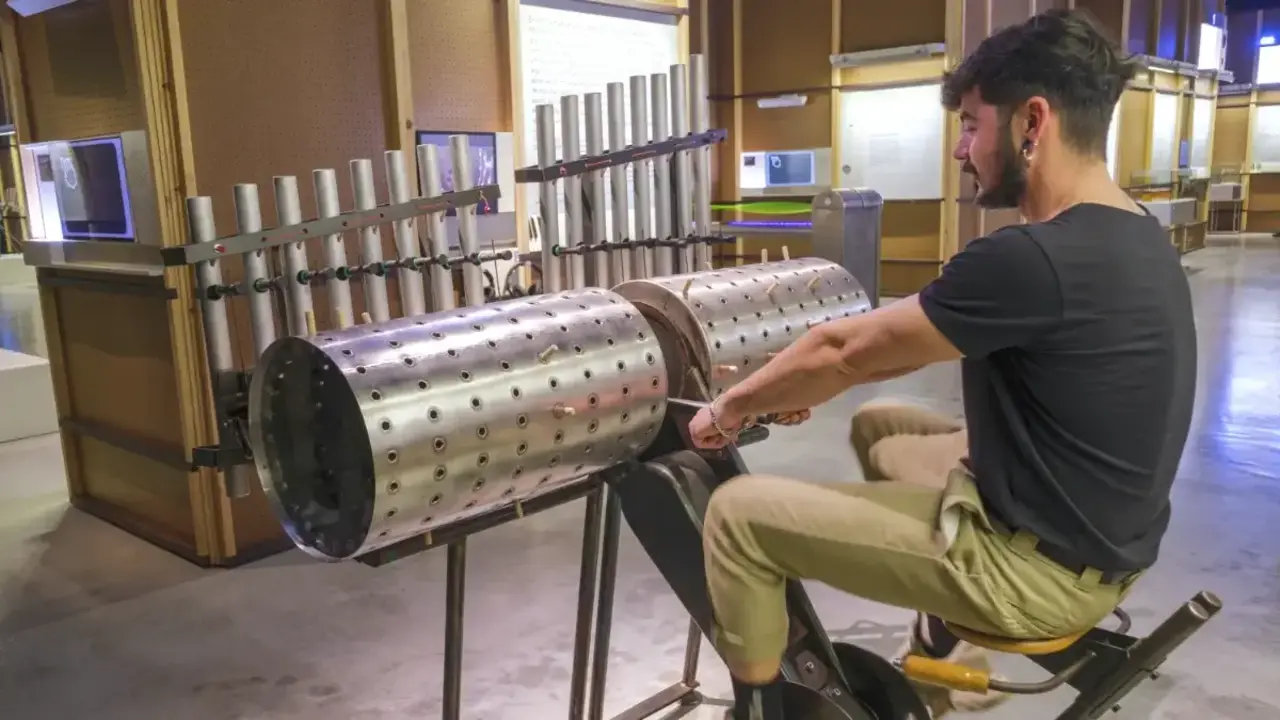The role of the Ibero-American Section of the Madrid Athenaeum in relations between Spain and Latin America

The Ibero-American Section of the Scientific, Literary and Artistic Athenaeum of Madrid began to develop its activities between 1923 and 1936, with the participation of intellectuals from both sides of the Atlantic such as Rafael Altamira, Rufino Blanco Fombona, Alfonso Reyes, Ramón J. Sender and Victoriano García Martí, among others. The aim was to increase relations between Spain and Latin America, together with other projects and institutions of Hispano-Americanism existing at the time.
In 1987, José Prat García, who had been a member of the Ibero-American Union before the war and had gone into exile in Colombia, became President of the Ateneo de Madrid and had the idea of reviving the Ibero-American Section, which for a few years became a point of reference for Americanism in Madrid, It became a reference point for Latin Americanism in Madrid for a few years, with the presence of Latin American personalities such as Paulo Freire, Leopoldo Zea and Augusto Roa Bastos, and by calling on Spanish political parties to demonstrate in favour of the No vote in the 1988 plebiscite, which helped to end the Pinochet dictatorship in Chile. And today we continue to work to improve Spain's relations with Latin America, such as the recent Homage to Eusebio Leal (the historian of Havana), highlighting the working relationship and friendship of the Spanish technicians who participated in the rehabilitation of Havana, declared a World Heritage Site by UNESCO.
In short, to get to know Latin America, one has to listen to Latin Americans and work with them, but for this, institutions such as Casa de América or the Latin American Cultural Institute of Málaga are necessary, just as the Ibero-American Section of the Ateneo de Madrid has been.
Tomás Mallo, President of the Ibero-American Section of the Madrid Athenaeum.
Submitted by José Antonio Sierra, Hispanismo advisor

